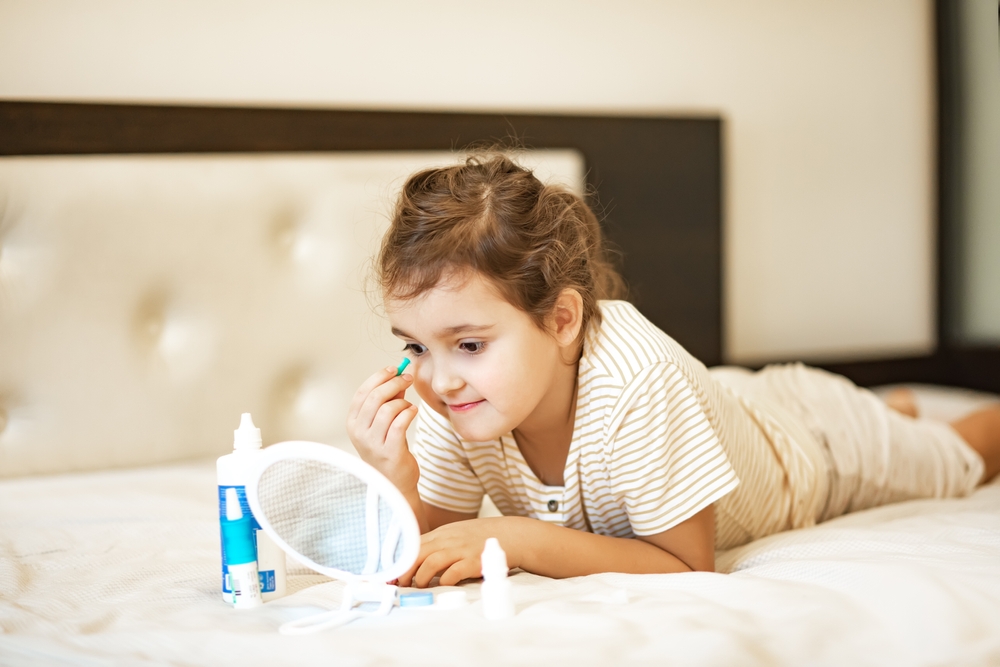
Myopia is a growing concern among children and teens today. With more kids spending time on digital devices and less time outdoors, the number of young people experiencing blurry distance vision is on the rise. While genetics do play a role in whether someone develops myopia, your child’s everyday habits can have a significant impact on how quickly it progresses. Understanding myopia and making simple, healthy changes at home can help protect your child’s vision for the future.
What Is Myopia?
Myopia occurs when the eye grows too long from front to back or the cornea is too curved. This causes light entering the eye to focus in front of the retina instead of directly on it, resulting in blurred distance vision. Genetics play a significant role, but environmental factors can influence how quickly myopia worsens.
Healthy Habits that Can Help Slow Down Myopia Progression
While genetics can't be changed, adopting healthy visual habits can play a key role in slowing myopia progression in children and teens:
Encourage Outdoor Time: Studies show that children who spend more time outdoors are less likely to develop myopia or experience rapid progression. Aim for at least 1-2 hours of outdoor activity each day, as natural light and the opportunity to focus on distant objects help relax the eyes.
Practice the 20-20-20 Rule: Prolonged screen time and close-up work can strain the eyes. The 20-20-20 rule is simple: every 20 minutes, look at something 20 feet away for at least 20 seconds. This quick break helps reduce eye fatigue and strain.
Limit Screen Time: Monitor and limit the amount of time spent on digital devices, especially for young children. Encourage breaks and incorporate other activities that don’t involve screens, such as reading print books or playing outside.
Create a Healthy Study Environment: Ensure your child’s study area is well-lit and that they sit at an appropriate distance from screens and books - generally, about 16 inches away. Good posture and lighting can help reduce eye strain.
The Importance of Annual Eye Exams
Even with the best habits, myopia can still progress - sometimes without noticeable symptoms. Annual pediatric eye exams help detect myopia early, monitor changes, and allow your optometrist to recommend tailored strategies to slow progression. Early intervention can make a big difference in preserving your child’s long-term vision and eye health.
Take the Next Step in Protecting Your Child’s Vision
While myopia is becoming more common, you can take proactive steps to protect your child’s vision. Encouraging healthy daily habits, spending time outdoors, and scheduling regular eye exams are all essential ways to help slow down the progression of myopia.
Contact Coers Family Eyecare to schedule a pediatric eye exam and learn more about treatment options for myopia. Visit office in Columbus, Indiana, or call (812) 408-8400 to book an appointment today.









